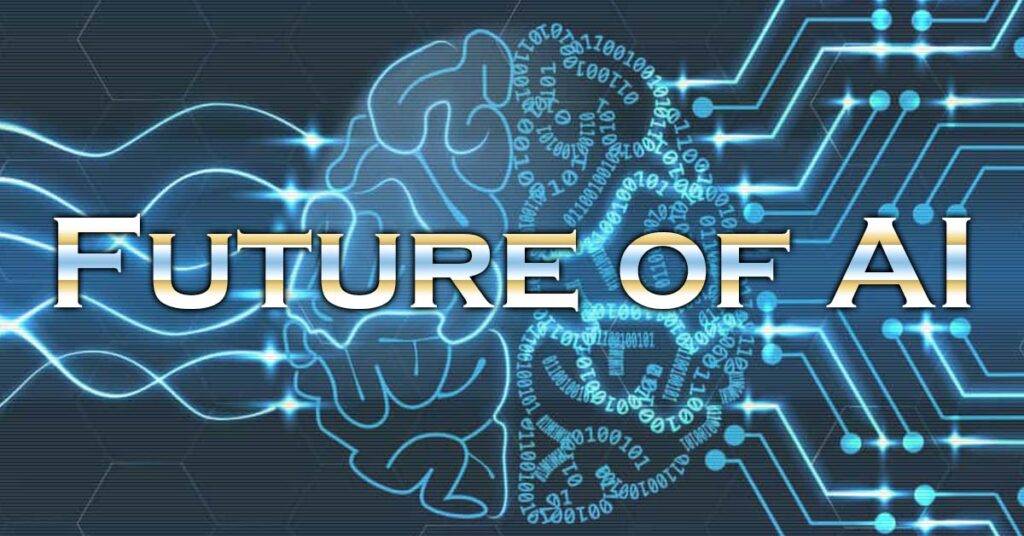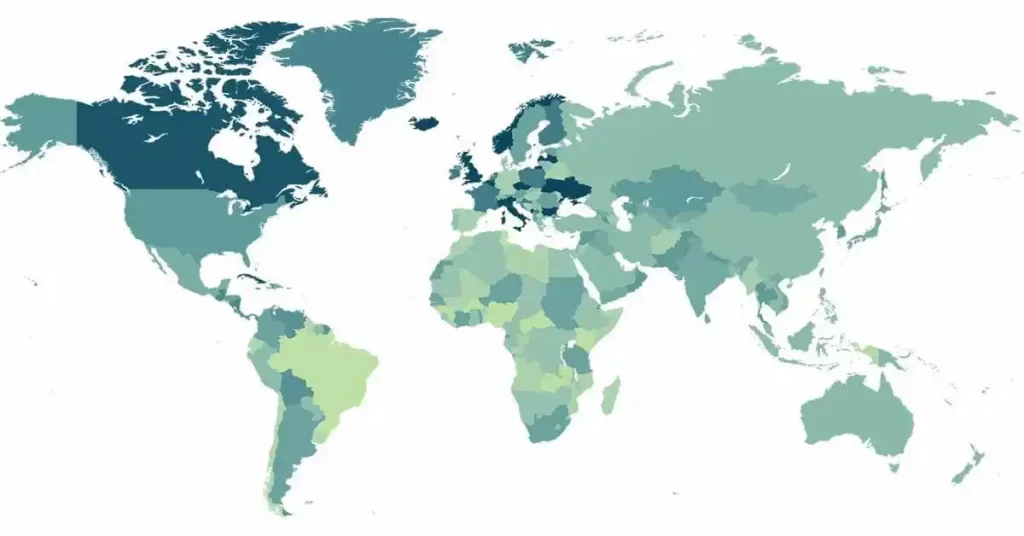Artificial Intelligence (AI) has been one of the most transformative technologies of the 21st century. From virtual assistants to self-driving cars, AI has revolutionized the way we live and work. But the potential of AI is far from being fully realized.

Here are some of the key trends in AI to watch in the coming years.
ChatGPT+ and the Advancement of Natural Language Processing
Natural Language Processing (NLP) is a branch of AI that enables machines to understand and interpret human language. The latest advancements in NLP are made possible by models like ChatGPT+. This language model by OpenAI can perform various tasks, including text classification, question-answering, and machine translation. With ChatGPT+, we can expect to see significant advancements in conversational AI, making virtual assistants more human-like and intuitive.
AI and the Internet of Things (IoT)
The Internet of Things (IoT) is a network of devices that are connected to the internet, allowing them to communicate and exchange data. AI and IoT are a perfect match. AI can help make sense of the vast amounts of data generated by IoT devices, enabling more efficient decision-making and automation. For example, smart homes equipped with IoT devices can use AI to optimize energy consumption and automate routine tasks.
AI and Robotics
Robots have been around for decades, but recent advances in AI are making them smarter and more capable than ever. AI-powered robots are being used in manufacturing, healthcare, and even retail. For example, drones can use AI to navigate and deliver packages, and humanoid robots can assist with tasks like cleaning and customer service. As AI continues to improve, we can expect to see more advanced and versatile robots in a variety of industries.
AI and Search Engine Optimization (SEO)
Search Engine Optimization (SEO) is the practice of optimizing websites to rank higher in search engine results pages. AI is playing an increasingly important role in SEO, with Google using machine learning algorithms to better understand user intent and provide more relevant search results. As AI continues to improve, we can expect to see more personalized search results and improved user experiences.
AI and the Metaverse
The Metaverse is a virtual space where people can interact with each other and digital objects in real-time. AI will be a critical component of the Metaverse, enabling more realistic and immersive experiences. For example, AI-powered virtual assistants can help guide users through the Metaverse, while machine learning algorithms can personalize content and experiences based on user preferences.
AI and Self-Driving Cars
Self-driving cars are becoming more common, with companies like Tesla and Google leading the way. AI is a critical component of self-driving cars, enabling them to sense their environment, make decisions, and navigate safely. As AI continues to improve, we can expect to see more advanced and reliable self-driving cars on the roads.
AI and Personalization
AI is already being used to personalize content and experiences, from Netflix recommendations to targeted ads on social media. As AI continues to improve, we can expect to see even more personalized experiences in all areas of our lives. For example, AI-powered virtual assistants developed by developed by ‘AI development company‘ can use data from our smart homes and wearables to anticipate our needs and provide more personalized recommendations.
AI and Healthcare
AI is already being used in healthcare to improve diagnosis and treatment. For example, machine learning algorithms can analyze medical images and detect early signs of disease. As AI continues to improve, we can expect to see more advanced medical technologies and improved patient outcomes.
AI and Education
AI is also transforming education, enabling more personalized and adaptive learning experiences. For example, AI-powered tutors can provide students with real-time feedback and adapt to their learning styles. As AI continues to improve, we can expect to see even more advanced and tailored educational experiences that meet the unique needs and learning styles of each student.
AI and Ethical Concerns
As AI becomes more pervasive, there are growing concerns about its ethical implications. For example, there are concerns about bias in AI algorithms and the potential for AI to be used for malicious purposes. As AI continues to advance, it will be important to address these ethical concerns and ensure that AI is developed and used responsibly.
Conclusion
The future of AI is exciting and full of potential. From improving healthcare to revolutionizing education, AI has the power to transform virtually every aspect of our lives. While there are certainly challenges and ethical concerns to address, the benefits of AI are undeniable. As we move forward, it will be important to continue to monitor the latest trends and advancements in AI and ensure that this transformative technology is developed and used responsibly.
You can also share a technology guest post.


